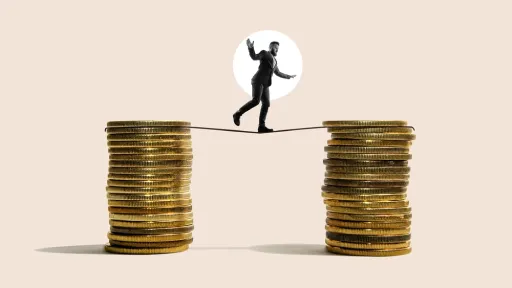Understanding what does the dept of education do is critical, especially in today’s complex financial landscape where education funding, student loans, and workforce readiness shape both individual futures and the broader economy. The Department of Education plays a pivotal role in shaping educational policies, distributing resources, and ensuring equity in education across the United States, making it a cornerstone of economic opportunity and responsible financial planning.
What Does the Dept of Education Do? A Closer Look at Its Core Functions
The Department of Education is a federal agency tasked with promoting student achievement and ensuring equal access to education. Its wide-ranging responsibilities impact everything from K-12 public schools to higher education institutions and vocational training programs.
Policy Development and Regulation
One of the primary roles of the Department of Education is to develop policies that guide educational standards across the country. These policies influence curriculum standards, testing, teacher qualifications, and school accountability. Through these policies, the department aims to ensure all students receive a high-quality education regardless of their background.
Funding and Financial Aid Management
The department manages billions of dollars in federal funding programs that support schools, students, and educational institutions. It administers key financial aid programs such as:
- Pell Grants
- Federal student loans
- Work-study programs
- Teacher training grants
These programs help reduce the financial barriers to education and have significant implications for the nation’s financial health by influencing student debt and workforce readiness.
Research and Data Collection
Another key area is the collection and dissemination of educational data. By conducting research and publishing statistics on educational outcomes, the department provides essential information that guides educators, policymakers, and the public in making informed decisions about education policy and practice.
Ensuring Equal Access and Civil Rights
The Department of Education also enforces federal civil rights laws in education, ensuring that schools provide equal opportunities irrespective of race, gender, disability, or socioeconomic status, thus preventing discrimination and fostering inclusive learning environments.
How the Department of Education Influences Your Financial Life
Knowing what does the dept of education do extends beyond policy and funding, as its impact is felt deeply in individual financial decisions and national economic health. Here’s how:
Student Loans and Debt Management
Through its loan servicing programs, the department helps millions of borrowers manage their educational debt. It offers income-driven repayment plans, loan forgiveness options, and guidance aimed at preventing defaults—critical moves for personal financial stability.
Workforce Development
By supporting vocational and technical education, the department helps equip students with skills that meet labor market demands. This increases employability and income potential, influencing economic growth on a macro scale.
Grant Programs That Boost Economic Inclusion
Federal grants and scholarships administered by the department directly alleviate the cost burden of education, allowing more individuals to gain skills and qualifications that enhance their earning potential.
Key Programs Run by the Department of Education
- Title I Grants: Funding to improve academic achievement in disadvantaged schools.
- Individuals with Disabilities Education Act (IDEA): Support for special education services.
- Trio Programs: Services that assist disadvantaged students in preparing for college.
- College Scorecard: A tool for evaluating and comparing the costs and outcomes of colleges.
Each program plays a vital role in fostering an educated, capable population, which has a direct correlation with financial stability and growth for individuals and communities.
Conclusion: Why Understanding What Does the Dept of Education Do Matters
Comprehending what does the dept of education do is indispensable for anyone navigating educational decisions and financial planning. Its influence permeates through policy, finances, equality, and workforce readiness, making it a cornerstone of both personal empowerment and national prosperity. Staying informed about its actions and programs can unlock opportunities and provide tools to manage education-related financial challenges effectively.


